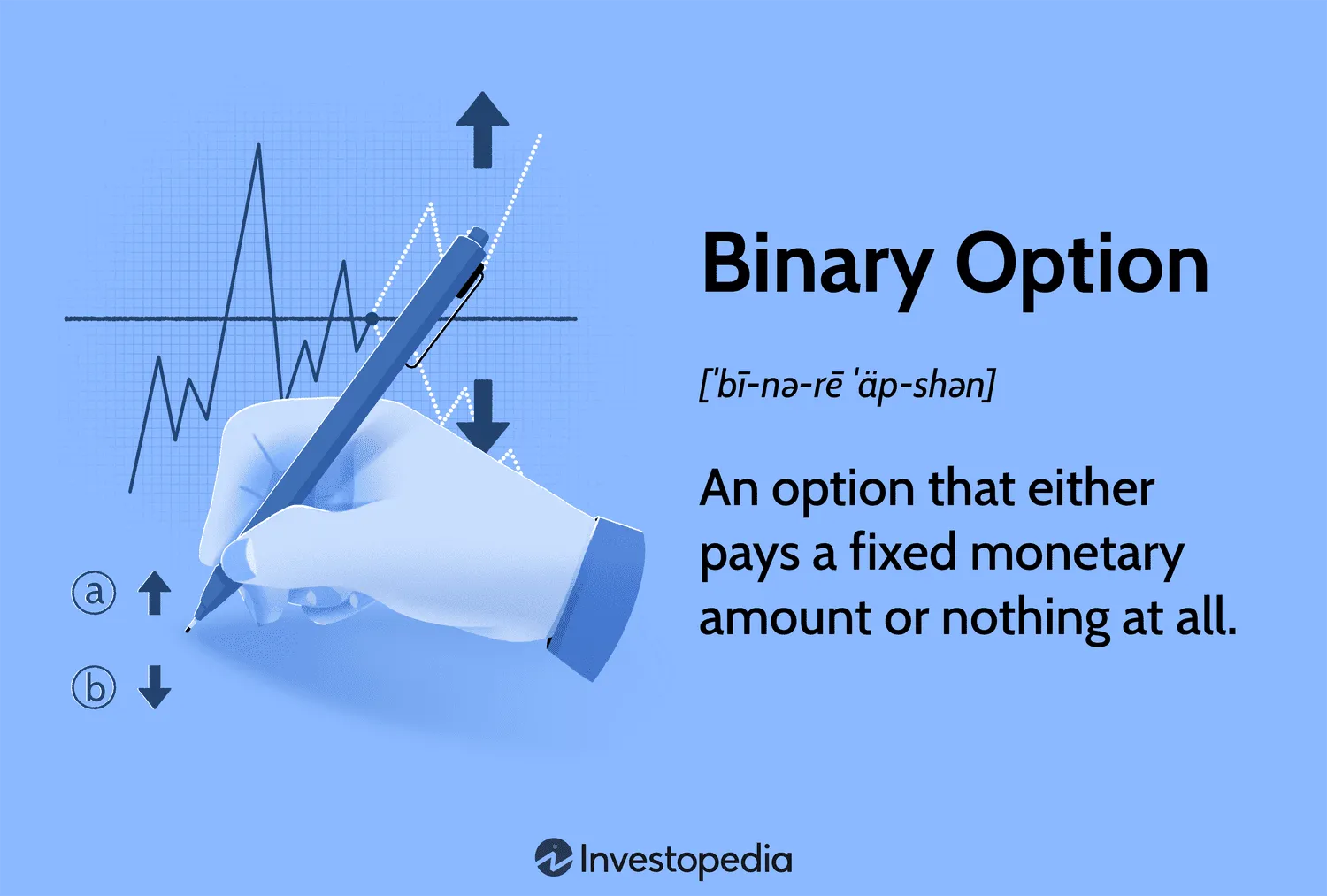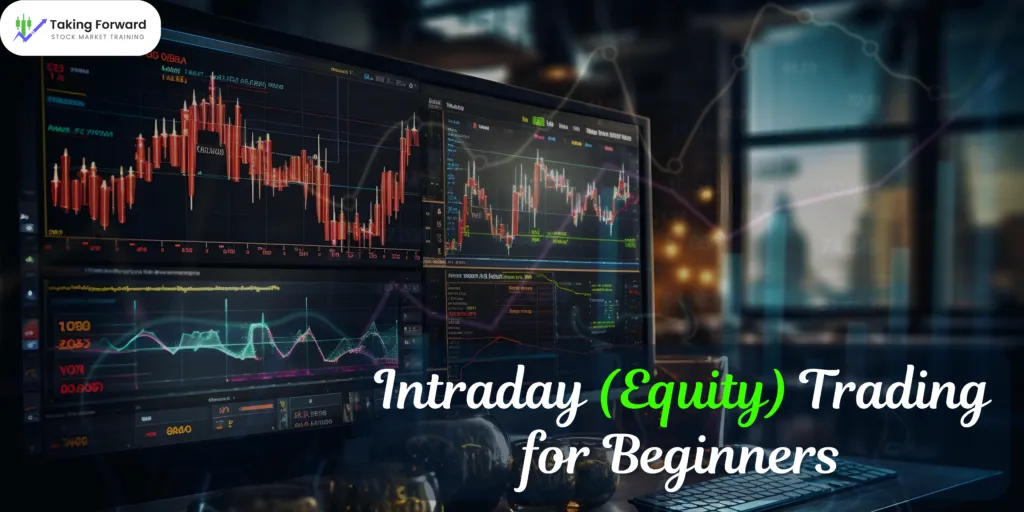Crypto Derivatives Exchanges are not only necessary its a compulsory.
In the dynamic world of cryptocurrency, derivatives have emerged as pivotal instruments for traders seeking to hedge risk, speculate on price movements, or gain exposure to the crypto market without holding the underlying assets. The inception of the first-ever crypto derivative in 2011, known by the ticker ICBIT, marked a significant milestone in the evolution of digital finance. This innovation laid the groundwork for a burgeoning market that, according to Crypto.com, was valued at over $2 trillion in 2023.
This article will explore cryptocurrency derivatives and identify the top exchanges that have contributed most to this monumental growth. We will also discuss the complexities and challenges traders face and offer insights on efficiently navigating this lucrative yet intricate landscape. This introduction sets the stage for a deeper investigation into crypto derivatives, underlining their significance in the broader financial ecosystem.

What are Crypto Derivatives?
Numerous cryptocurrencies exist, serving a myriad of use cases. Bitcoin is a store of value asset, while cryptocurrencies like Ethereum and Solana fuel smart contract blockchains. Regardless of utility, every asset, in the cryptosphere or otherwise, has a monetary value that fluctuates over time. Derivatives are financial instruments that isolate an asset’s price potential from its other intrinsic characteristics like utility and ownership. They track the price of an underlying asset, allowing traders to construct arrangements that can capitalize on market events.
How do Crypto Derivatives Work?
Crypto derivatives are financial contracts between two or more parties that derive their value from the price of another crypto asset, such as bitcoin or ether. They are a means of gaining exposure to cryptocurrency price fluctuations without owning them in on-chain wallets.
Let’s understand the functioning of crypto derivatives through the main types of contracts: futures, options, and swaps. Here’s how each of these derivatives works:
Futures Contracts
A futures contract is an agreement to buy or sell a specific quantity of a crypto asset at a predetermined price at a specified future date. These can be:
- Standardized Contracts: Traded on exchanges, allowing traders to speculate on the future price of the cryptocurrency or hedge against potential price movements.
- Perpetual Contracts: A type of futures contract without an expiry date, allowing traders to hold positions indefinitely, with periodic funding rates to ensure the market price is anchored to the spot price.
Options Contracts
Options give the buyer the right, but not the obligation, to buy (call option) or sell (put option) a specific amount of a cryptocurrency at a predetermined price (strike price) before or at a specific date. Options can be used for hedging or speculative purposes, providing an asymmetric payoff profile:
- Call Options: Traders buy call options if they anticipate the price of the cryptocurrency will rise above the strike price before the expiry date.
- Put Options: Traders buy put options if they expect the price of the cryptocurrency to fall below the strike price before the expiry date.
Guy has put together this great video that covers Bitcoin Options in detail:
Swaps
Swaps are private agreements between parties to exchange cash flows or the financial instruments of one cryptocurrency for another, based on a specified notional amount. In the crypto context, this often takes the form of:
- Interest Rate Swaps: Parties might exchange fixed for floating rate payments in cryptocurrency.
- Currency Swaps: Exchanging one cryptocurrency for another, with agreements to reverse the swap at a later date at a predetermined price.
Working Mechanism
- Price Speculation: Traders can speculate on the price movement of cryptocurrencies, taking long positions if they believe the price will increase or short positions if they believe it will decrease.
- Leverage: Many crypto derivatives allow the use of leverage, enabling traders to open larger positions with a smaller capital outlay. While this can amplify profits, it also significantly increases risk.
- Hedging: Investors holding cryptocurrencies can use derivatives to hedge against adverse price movements, securing a certain sale price for their holdings even if market prices fall.
- Market Efficiency: Derivatives contribute to price discovery and liquidity in the crypto market, helping to stabilize prices and allow for more efficient market functioning.
Execution Platforms
- Exchanges: Many crypto derivatives are traded on regulated or decentralized exchanges, providing a platform for standardized contracts with liquidity and price transparency.
- Over-the-Counter (OTC): Customized contracts between parties can be executed outside of exchanges, offering flexibility but with potentially higher counterparty risk.
Crypto derivatives are complex financial instruments that require a good understanding of the market and risk management practices. They play a crucial role in the cryptocurrency ecosystem by providing tools for speculation, hedging, and leveraging positions.
Why Trade Crypto Derivatives?
Trading crypto derivatives opens access to unique strategies and instruments that may help a crypto investor optimize their investment portfolio to accommodate the distinct nature of the digital assets market. Some of these optimizations are reminiscent of using derivatives in traditional markets, while some offer unique advantages over the volatile nature of this market. Here are some key reasons why investors include derivatives in their investment portfolios:
- Leverage: Most crypto derivative platforms offer a leverage facility where an investor pledges collateral to open significantly higher positions in the market. Leverage is a tool to gain multiplied profits with loss limited to the collateral. Leverage multiplies sensitivity to volatility, which amplifies profits or a potential loss in case of poorly positioned trades.
- Hedging Volatility: The cryptocurrency market is known for its extreme volatility. Traders can use derivatives like futures and options to hedge against price fluctuations in their crypto holdings, securing a predetermined price for a future date and thus managing their exposure to market movements.
- Ownership: Derivatives are helpful when an investor is solely interested in an asset’s price potential and wants to avoid the hassle of physical ownership, like key management and storage.
- Access to Restricted Markets: Some investors may face regulatory or logistical barriers when attempting to purchase specific cryptocurrencies directly. Crypto derivatives offer a way to gain exposure to these assets without direct ownership, bypassing certain restrictions and complexities.
- Cost Efficiency: Trading derivatives can be more cost-efficient than directly trading underlying cryptocurrency. Derivatives traders can avoid the costs associated with on-chain transactions, security, and wallet management of actual cryptocurrencies.
- Income Generation: Through strategies such as writing covered calls or selling futures contracts, traders can generate income from their existing cryptocurrency holdings, adding another layer of utility to their investment strategy.
- Risk Management: Derivatives offer sophisticated risk management tools that enable traders to effectively implement complex strategies to protect their investments from adverse market moves.
Trading crypto derivatives requires a good understanding of the derivatives market and the underlying cryptocurrency assets. While offering significant opportunities, it also comes with high risk, exemplified by the leverage involved and the inherent volatility of the crypto market. As such, traders must approach crypto derivatives with a well-thought-out strategy and a clear understanding of the risks.
What to Look for in a Crypto Derivatives Exchanges
Selecting the suitable derivatives exchange that suits your needs and preferences is a pivotal decision for traders. This choice can significantly impact their trading efficiency, risk management, and overall experience in the crypto market. With various platforms offering diverse services, understanding the essential factors distinguishing an exemplary exchange from an average one is critical. Here are some factors to consider when looking for a crypto derivatives exchange:
Open Interest (Liquidity)
Open interest, indicating the total number of outstanding derivative contracts, is a primary measure of an exchange’s liquidity. High open interest suggests a vibrant market with ample traders, facilitating easier entry and exit at competitive prices. Liquidity is crucial for minimizing slippage, especially for large orders, and ensures that the market can absorb trades without significant price impacts.
Regulatory Compliance
Compliance with regulatory standards may be paramount if you are looking for a centralized platform for derivatives trading, which typically offers higher regulatory assurance, undergoing strict oversight to protect users against fraud and insolvency. Decentralized exchanges circumvent regulation and offer privacy. Traders should weigh the trade-offs between regulation and privacy to determine their ideal option.
Fees
Understanding an exchange’s fee structure is essential. This structure includes exchange fees, which can vary widely among platforms, gas fees for decentralized platforms, and deposit and withdrawal fees. High costs can erode profits, especially for high-frequency traders, making choosing an exchange with a competitive fee structure that does not compromise other critical services imperative.
| Pro | Cons |
| Leverage: Allows traders to gain a larger exposure to the cryptocurrency market with a smaller amount of capital, magnifying potential profits. Hedging: Traders can protect against unfavorable price movements in their cryptocurrency holdings, reducing potential losses. Market Accessibility: Provides the ability to profit from market movements in both directions, offering opportunities in bullish and bearish markets. Diversification: Derivatives offer a range of instruments like futures, options, and swaps, helping traders diversify their investment strategies. | Complexity: The mechanisms and strategies involved in trading derivatives can be complex and difficult for newcomers to grasp. Leverage Risks: While leverage can increase profits, it also amplifies losses. High leverage is very risky and best used by professionals Market Volatility: The cryptocurrency market is highly volatile, which can lead to rapid and significant price changes, affecting derivatives positions. Regulatory Uncertainty: The regulatory environment for crypto derivatives is evolving, which can introduce risks related to the legality and operation of trading platforms. |
FAQs
What Are Crypto Derivatives and How Do They Work?
Crypto derivatives are financial contracts whose value is derived from the underlying cryptocurrency assets. These instruments allow traders to speculate on future price movements without owning the actual cryptocurrencies. Common types include futures, options, and swaps. Traders can leverage these products to hedge against price volatility, engage in arbitrage, or speculate on price movements, providing a flexible and sophisticated approach to crypto trading.
What Are The Risks of Trading Crypto Derivatives?
Trading crypto derivatives carries significant risks, including market risk from volatile crypto prices, leverage risk where losses can exceed deposits, liquidity risk affecting the ability to enter or exit positions, counterparty risk in OTC markets, and regulatory risk from changing laws. These risks necessitate careful risk management and a thorough understanding of the derivative products being traded.
What Are The Benefits of Trading Crypto Derivatives?
Trading crypto derivatives offers numerous benefits, such as leverage, which allows traders to gain greater exposure with less capital; hedging opportunities to protect against adverse price movements; access to a wide range of markets; and the ability to speculate on price movements without holding the underlying asset. These advantages make derivatives a versatile tool for strategic trading in the volatile crypto market.
What Are The Best Centralized Crypto Derivatives Exchanges?
The best centralized crypto derivatives exchanges include Binance, ByBit, and OKX, known for their extensive product offerings and liquidity. For US nationals, Kraken and Gemini are viable options, providing regulated platforms that ensure compliance with US laws. These exchanges offer various derivatives products like futures and options, catering to a wide range of trading strategies and preferences.
What Are The Best Decentralized Crypto Derivatives Exchanges?
dYdX and GMX stand out as the best decentralized crypto derivatives exchanges. dYdX offers a non-custodial trading experience with a focus on perpetual contracts for various cryptocurrencies. GMX, on the other hand, allows for leveraged trades and provides a unique liquidity model that facilitates low-slippage trading on major crypto assets. Both platforms offer the benefits of decentralized finance (DeFi) with high liquidity and innovative trading features.
Reference: Best 5 Crypto Derivatives Exchanges 2024





